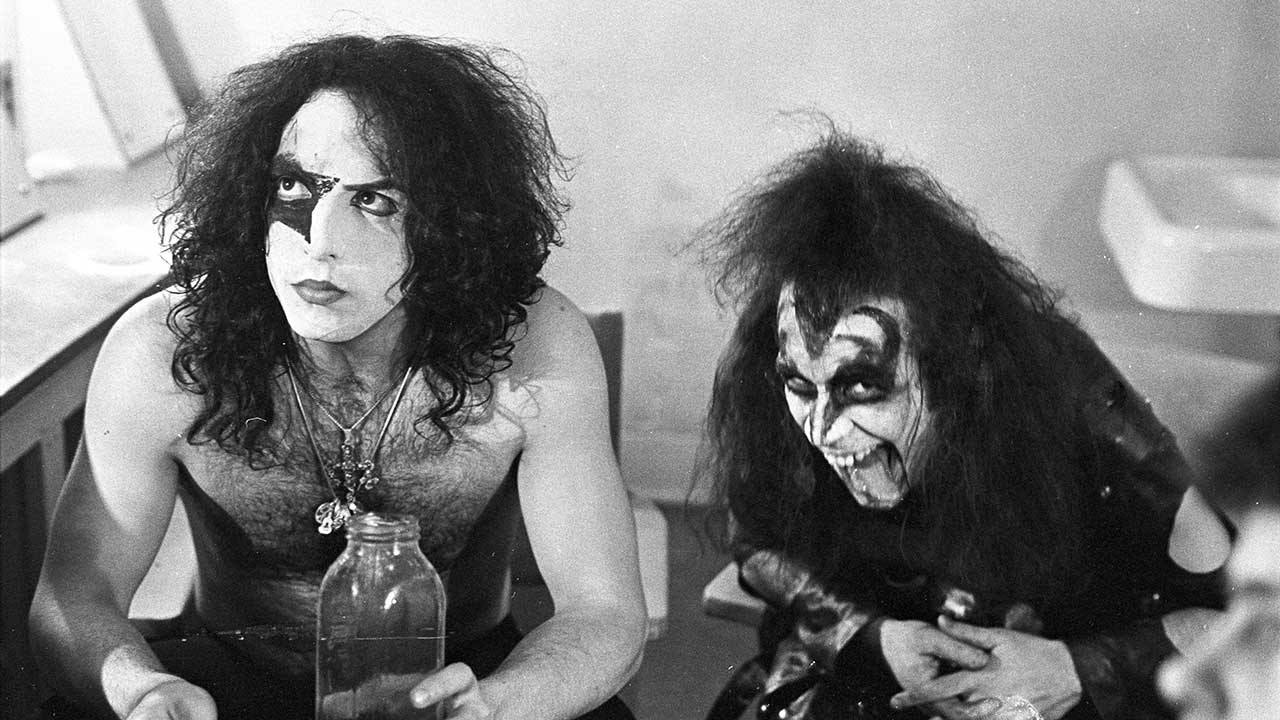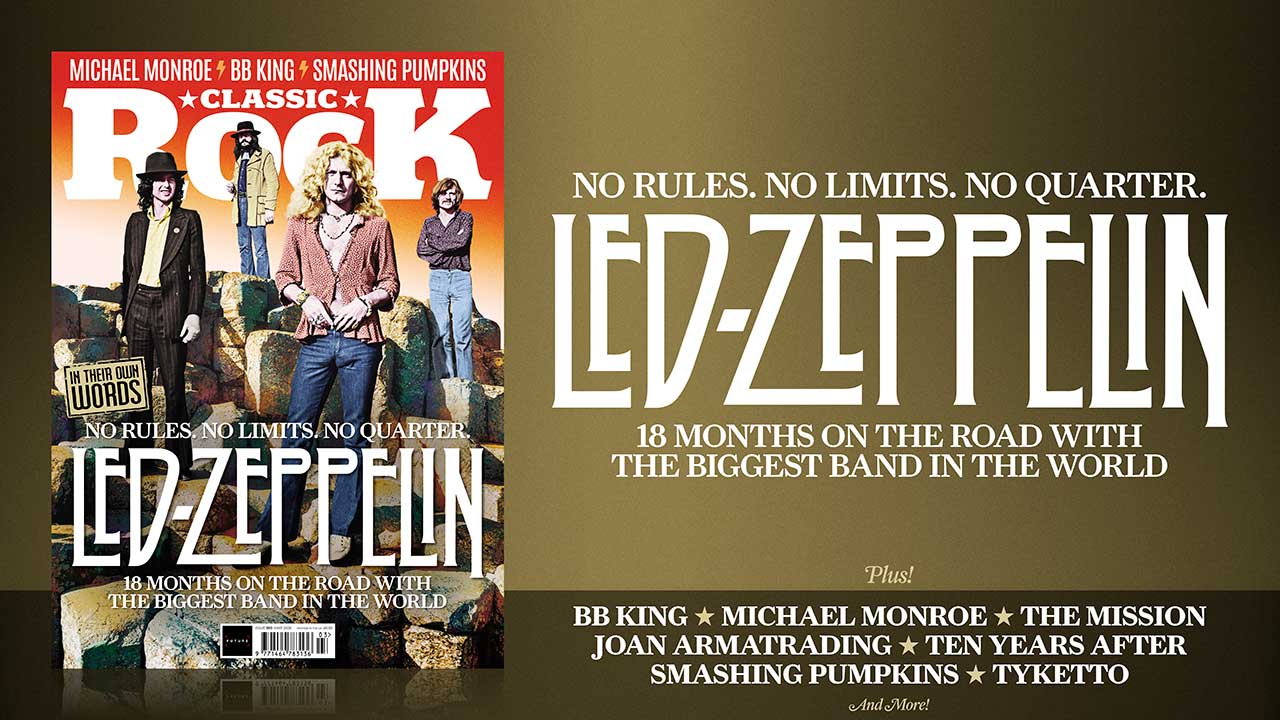How I wrote Strutter, by Paul Stanley
Kiss frontman Paul Stanley on Strutter, a song he wrote as a homage to the women of New York

"At the point we were writing the songs that ended up on the first Kiss album, I was driving a New York City cab. I was a kid with a big dream, an incredible love for rock‘n’roll and an unstoppable desire to become successful and to make music my life. It was already my life, but it wasn’t paying the bills.
"We rehearsed five nights a week at 10 East 23rd Street. It wasn’t unusual for us to write a song each night. Gene [Simmons] and I worked very well together: our chemistry was incredibly productive and very exciting. We were on a streak and in that period we wrote Strutter and Deuce and 100,000 Years, virtually everything on the first album.
"With Strutter, I was trying to approximate the feel of the Stones’ Brown Sugar, to write a song that had swagger and attitude and a bravado to it. Gene had a song called Stanley The Parrot and there was a short plodding segment in that which struck me as something that could be kicked up in terms of tempo and made to bounce and rock: that ended up being the verse chords. Once the feel of the song changed it seemed to lend itself to a lyric which captured that swagger.
"Back then New York was full of very cool-looking people, and the lyric was an homage to those great-looking women I’d see walking around the Village, going to rock clubs. I’d look at these women in their satin and lace and just think ‘Wow, where is she from? And where is she going?’
"The closest I was getting to women like that back then was opening the pages of Playboy! The song needed a title that would sum up the confidence of these women who were looking so sure of themselves, and just exuding sex, and to me, Strutter really encapsulated that.
"When we recorded it, honestly, the end result was a little disappointing. It just didn’t sound like we sounded live. We were a kick-ass, balls-out, full-tilt, volume-heavy rock‘n’roll band, but I didn’t know how to get that live sound in the studio, and for some reason the people who should have known, didn’t know either.
"When I listen to those early Kiss records I feel we sound kinda plinky, like the less positive attributes of a garage band. If you’ve heard Strutter in an arena you’ll know how it just crushes, so just imagine how powerful it sounded in a small club back then. But in getting to make a record, we’d already won the lottery, so I wasn’t going to complain about paying the taxes.
Sign up below to get the latest from Classic Rock, plus exclusive special offers, direct to your inbox!
"I think Strutter is one of the greatest Kiss songs. One of the best things about early Kiss songs is that they really were uninhibited and very much from the gut: we had nothing to live up to, except doing what turned us on. Over time you can learn too much: you might become a better songwriter, but sometimes it’s the freedom of naivety that makes for the best results."
Paul Stanley was speaking to Paul Brannigan.

A music writer since 1993, formerly Editor of Kerrang! and Planet Rock magazine (RIP), Paul Brannigan is a Contributing Editor to Louder. Having previously written books on Lemmy, Dave Grohl (the Sunday Times best-seller This Is A Call) and Metallica (Birth School Metallica Death, co-authored with Ian Winwood), his Eddie Van Halen biography (Eruption in the UK, Unchained in the US) emerged in 2021. He has written for Rolling Stone, Mojo and Q, hung out with Fugazi at Dischord House, flown on Ozzy Osbourne's private jet, played Angus Young's Gibson SG, and interviewed everyone from Aerosmith and Beastie Boys to Young Gods and ZZ Top. Born in the North of Ireland, Brannigan lives in North London and supports The Arsenal.
